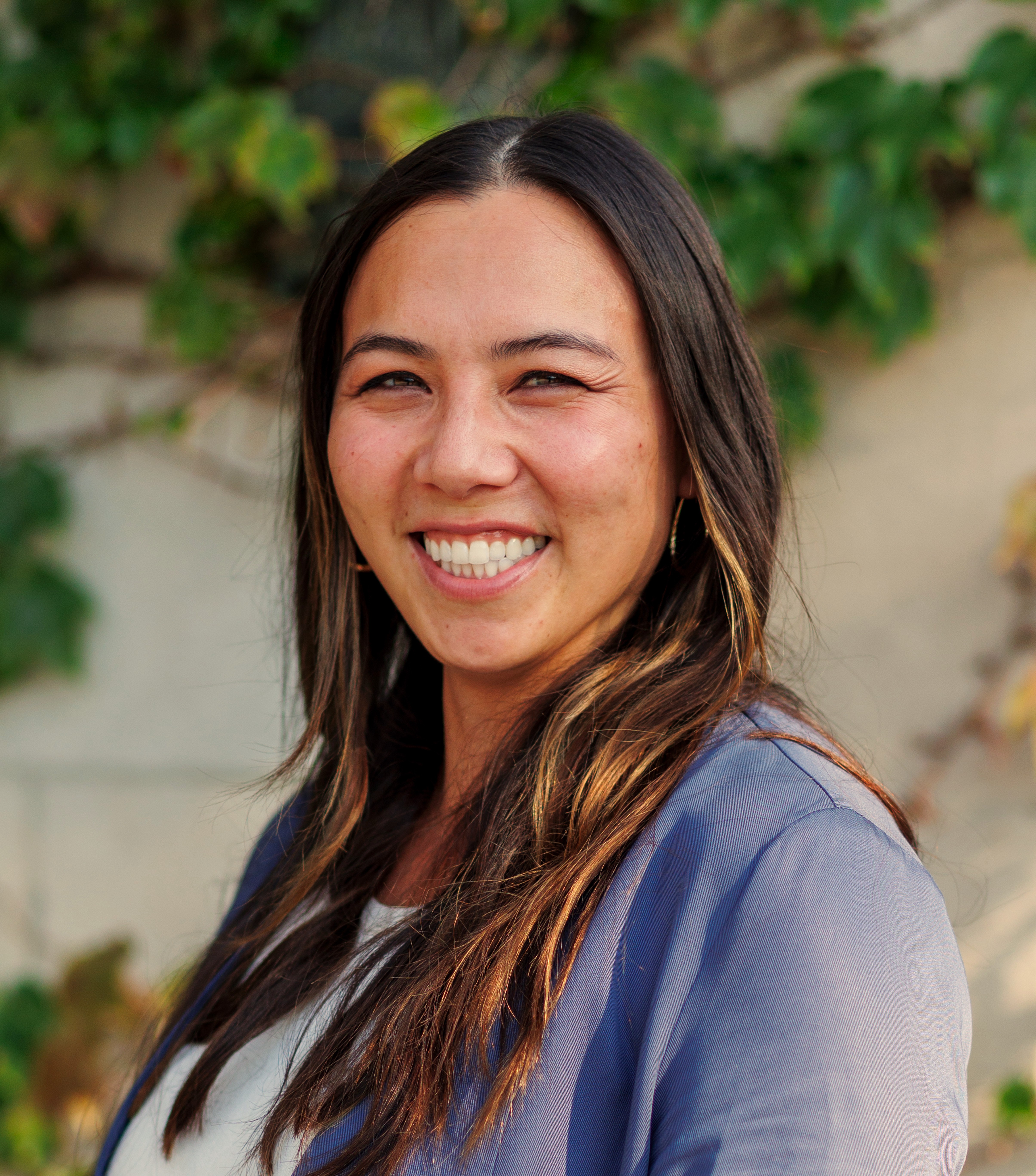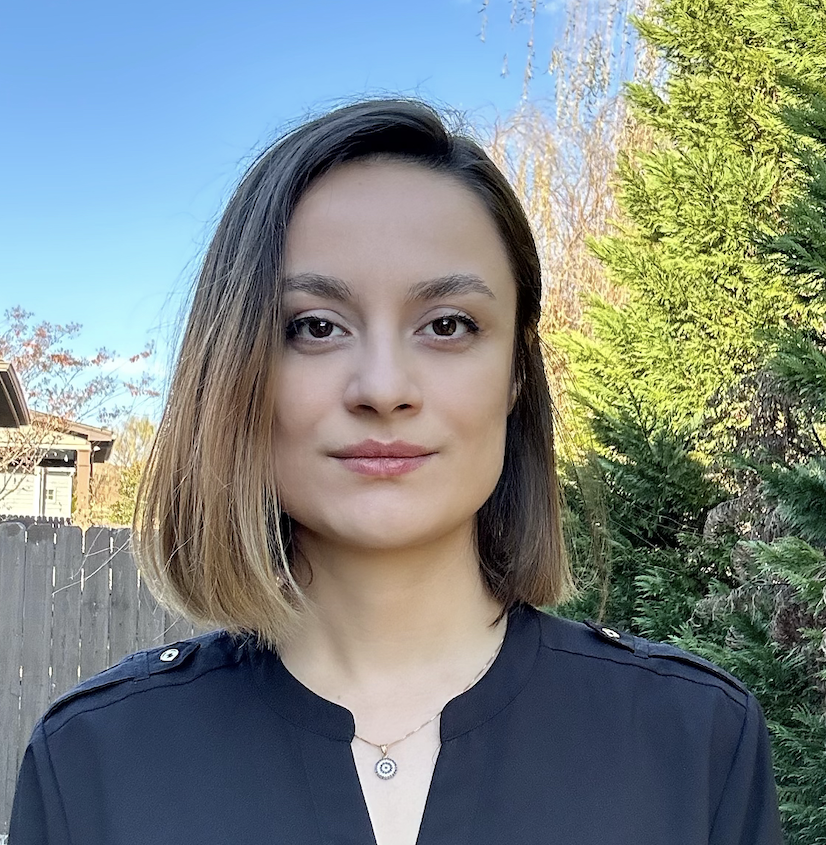Mission
The goal of this training program is to further develop US postdoctoral fellows to specialize in the field of pediatric injury research. We define injury research broadly to include intentional violence and unintentional injury. Relevant research areas include elucidating the risk factors and causes of injuries, injury prevention strategies, acute and chronic care of patients with injury, outcomes from trauma, and interventions to return the individuals with injury and their families to their full potential. The program has an special focus on the training of indigenous fellows and research on injuries to indigenous youth.
Overview
The Program includes coursework, seminars and an intensively mentored research experience. We will provide trainees with methodological knowledge and practical skills for conducting high quality interdisciplinary research in an environment that infuses them with the excitement of research, and nurtures early career development. We believe that our graduates will become research leaders prepared to conduct interdisciplinary research using the highest ethical standards and capitalizing on state-of-the-art research methods to promote the health and well-being of our communities.
The Training Program is two years in length. A Master of Public Health or Master of Science degree is available as part of the Training Program.
Highlights
- Formal didactic courses to fill gaps in prior academic training to conduct research in injury control and to provide exposure to disciplines relevant to injury research.
- Attendance at fellowship-sponsored seminars including weekly small group research seminars, a 12-week Biomedical Integrity in Research Seminar Series, a seminar series on behavior and health, formal training in scientific writing, and formal training in grant writing.
- In-depth research training in an active, on-going research program with mentoring from an interdisciplinary group of faculty at the UW and its collaborating sites.
- Development and implementation of research projects in injury research, supervised by one or more of the core faculty mentors, to achieve the following goals:
- To develop the research skills necessary to initiate a career as an independent investigator in injury control research.
- To develop expertise in a focused area of injury control research.
Eligibility
We expect that training program applicants will be postdoctoral level trainees who plan to conduct, or are conducting, clinical research. Trainees must:
- Be US citizens or non-citizen nationals, or an individual lawfully admitted for permanent residence who possesses an Alien Registration Receipt Card (I-151 or I-551), or some other verification of legal admission as a permanent resident prior to appointment. Individuals with temporary or student visas are not eligible.
- Have an M.D. or Ph.D. degree or its equivalent.
- Not simultaneously submit or have pending an application for any other PHS mentored career development award (e.g., K07, K08, K22, K23), that duplicates any of the provisions of this training program.
- Be able to commit full-time professional effort in this Career Development Program and its related research activities.
Post-doctoral level scholars are welcome from all health professions, and specialties within those professions including but not limited to pediatrics, surgery, dentistry, urology, rehabilitation medicine, emergency medicine, anesthesia/critical care, psychiatry, psychology, epidemiology, health services, public health, social work, nursing, public policy, sociology/criminology, and health economics.
How to Apply
Applications for the 2026-2027 academic year start are now closed. Please contact pirtp@uw.edu if you would like to be added to an email list for future communications when the next application cycle opens.
For your application, please send the following materials electronically to pirtp@uw.edu:
- A curriculum vita
- A letter of interest
- Statement of proposed research interests
- Names and contact information for three references
Timeline
- Application deadline: 2027-2028 academic year application opens fall 2026, priority deadline December 1, 2026
- Starting date for fellowship: Between May 1, 2027 and Sept 1, 2027
Additional Information
Hans Rosling Center for Population Health

The Rosling Center houses collaborative spaces that bring together many groups including the UW Department of Global Health, the Institute for Health Metrics & Evaluation (IHME), the UW School of Public Health and the offices of the Population Health Initiative. This center ushered the UW into a new era of collaboration and solutions for healthier populations. With spaces for collaborative group work, active learning, offices and training for global partners and multidisciplinary work in population health across the UW, the Rosling Center is a hub for addressing critical issues like poverty, disparities, health-care access, climate change and government policy.
Harborview Medical Center

Harborview Medical Center (HMC) is one of the nations leading academic medical centers and the only Level I adult and pediatric trauma center serving Washington, Alaska, Montana and Idaho. Harborview Medical Center cares for potential neurosurgical cases of abusive head trauma, all serious burns and trauma and adult and child victims of sexual assault. The medical center is owned by King County and managed by the University of Washington. Harborview has a specific mission to care for the community's most vulnerable patients. Fellows see consults at HMC in the PICU, burn unit, ED and pediatric unit.
Seattle Children's Hospital

Seattle Children's Hospital is both a community hospital for greater Seattle and the pediatric referral center for the Northwest providing excellent pediatric care to meet the medical, surgical and developmental needs of children in the WWAMI region (Washington, Wyoming, Alaska, Montana, and Idaho). Serving as the main clinical training site for pediatric residents, this 423-bed hospital is conveniently located 1.5 miles from the University of Washington campus in a residential neighborhood of Seattle. The staff consists of University faculty and Seattle Children's full-time physicians.
Additional Information
Fellowship Leadership
Ali Rowhani-Rahbar, MD, MPH, PhD
Bartley Dobb Professor for the Study and Prevention of Violence Professor, Epidemiology, Pediatrics Adjunct Professor, Daniel J. Evans School of Public Policy & Governance Director, Center for Firearm Injury Prevention
Fellowship Faculty
Pediatrics
- Jason Deen, MD
- Emily Kroshus, Scd, MPH
- James Jarvis, MD, PhD
- Sara Chrisman, MD, MPH
- Alice Ellyson, PhD
Surgery
- Saman Arbadi, MD, MPH
- Eileen Bulger, MD
- Deepika Nehra, MD
- John Scott, MD, MPH
- Barclay Stewart, MD, PhD, MPH
- Epidemiology
- Stephen J. Mooney, PhD
- Mary Kernic, PhD
- Janessa Graves, PhD
- Kushang Patel, PhD
Psychiatry
- Molly Adrian, PhD
- Eric Bruns, PhD
- Doug Zatzick, MD
Social Work
- Megan Moore, MSW, PhD
School of Nursing
- Avanti Adhia, PhD
Rehabilitation Medicine
- Molly Fuentes, MD, MPHM
Current Fellows
Image

| Krista Neumann, PhD Dr. Krista Neumann is a social epidemiologist studying the structural drivers of family violence and the policy solutions to help prevent it. |
 | Susan Burtner, PhD Dr. Burtner is a spatial data scientist and health geographer whose work focuses on understanding the impacts of firearm violence on individuals and communities and identifying the public health interventions that help mitigate or prevent violence. |
 | Shadi Omidvar Tehrani, PhD Dr. Shadi Omidvar Tehrani is a community researcher whose work examines how housing, neighborhood change, and crime influence health equity. Her research explores the intersection of urban planning, public health, and social equity, with a focus on the structural and institutional forces that shape neighborhood environments and health outcomes |
Alumni
Surgery
- Giana Davidson, MD
- Corderlie Witt, Md, MPH
- Robert Tessler, MD, MPH
- Katy Flyn-O’Brien, MD, MPH
- Ellisa Butler, MD, MPH
- Lauren Agoubi, MD
Epidemiology
- Jennifer Whitehill, PhD
- Alex Quitsberg, PhD
- Stephen Mooney PhD
- Avanti Adhia, PhD
Health Services
- Janessa Graves, PhD
Psychology
- Jessica Jenness, PhD
- Stephen O’Connor, PhD
- Christopher DeCou, PhD
- Jessica Mackelprang, PhD
Pediatrics
- Elizabeth Killien, MD, MPH
- Mallory Smith, MD, MPH
Rehab Medicine
- Molly Fuentes, MD, MPH
Occupational Health and Safety
- Chelsea Hicks, PhD
Criminology
- Keith Hullenaar, PhD
Social Work
- Anna Bender, MSW, PhD
Frederick P Rivara, MD, MPH
Professor Adjunct Professor, Epidemiology Vice Chair, Academic Affairs
EmailAli Rowhani-Rahbar, MD, MPH, PhD
Bartley Dobb Professor for the Study and Prevention of Violence Professor, Epidemiology, Pediatrics Adjunct Professor, Daniel J. Evans School of Public Policy & Governance Director, Center for Firearm Injury Prevention
Email


